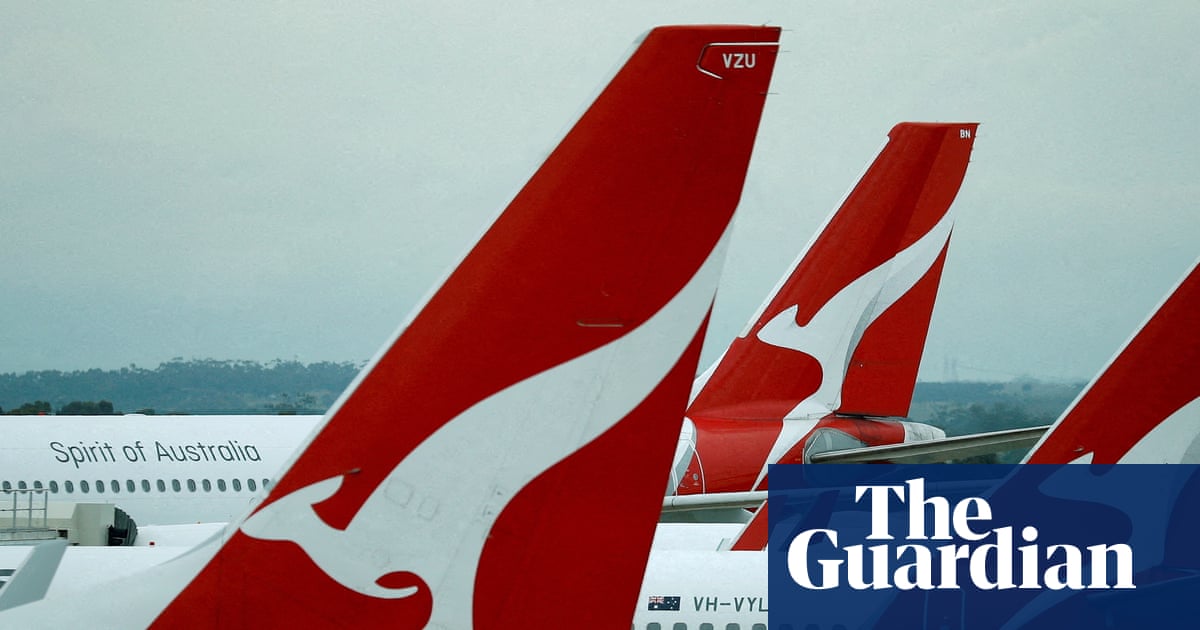This week’s revelations about the UK’s dangerously cavalier treatment of Afghans who worked with British forces are shocking but not surprising.
The carelessness with which Britain went to war in Afghanistan was matched by the carelessness with which it left the country and its people to Taliban rule two decades later.
In 2001 the US and its allies dressed up a war of revenge for the 9/11 attacks as a moral mission to protect women’s rights and build democracy, turning down a Taliban offer to surrender out of a conviction that they could remake Afghanistan as they wished.
In the summer of 2021, with the full withdrawal of US forces looming, it was clear the Afghan government they had propped up for years was fragile. Many of the Afghans who backed it, worked for it or believed in broader western promises of long-term support for democracy and human rights were at risk.
Despite Taliban promises of moderation in 2021, there was no room for complacency. The militants marked their previous capture of Kabul in 1996 by killing a former president and hanging his mutilated body from a lamp-post. They assassinated officials, activists, journalists and others throughout the war.
Yet, at most, western embassies’ plans for immediate evacuations focused only on international staff. The UK timeline for processing asylum requests of Afghans who remained, and who had worked for or fought with British diplomats and troops was measured in months.
As the Taliban marched towards Kabul, foreign secretary Dominic Raab’s decision to manage the situation from a beach holiday in Crete summed up the UK government’s lack of urgency.
With Afghan lives at immediate risk and Britain’s long-term credibility on the line, Raab clarified that although he was not available to take a call with the Afghan foreign minister, “no one was paddle-boarding” at the beach.
It was an attitude that may have been bolstered by a similar approach in other European capitals. After Kabul fell, Afghan employees turned up for work at one embassy to find international diplomats had been evacuated overnight, while they hadn’t even been warned to stay at home.
Desperate crowds gathered around the airport as western governments tried to set up mass evacuation operations on the fly. Nearly 200 people were killed by an Islamic State suicide attack on people waiting hours for a chance to leave.
In the UK, civil servants were pulled in from their normal jobs to work around the clock processing in hours asylum that would normally have needed weeks. It was exhausting, stressful work, and many of them felt personal responsibility for ensuring vulnerable individuals could reach safety.
They did not feel that burden was shared by everyone in government. Whistleblowers said the then-prime minister, Boris Johnson, ordered Whitehall to prioritise the evacuation of staff and pets from an animal rescue charity, not a historical Taliban target. He denies this, but hundreds of emails about the issue clogged up official inboxes.
Those whose asylum requests were being considered by UK authorities, because of work at the embassy or with British forces, at least had hope of a route out.
Neither the US nor its allies appeared to have given serious thought to the safety of Afghans whose work on issues like democracy and women’s rights had been key to the western mission – but who had no obvious route for asylum because they were not directly employed by foreign governments.
Desperate social media messages went around seeking any refuge for prominent lawmakers, athletes and activists whose work and lives made them obvious targets.
In less than two weeks, the airlift ended. Some of those who did not make it to the airport went into hiding to try to escape the revenge attacks that began almost immediately. Hundreds of killings have been documented by human rights groups.
Others fled to Iran or Pakistan, where Afghans struggle to get refugee status. The UK system returned to its usual lethargic timelines after the media spotlight had moved on, so families waited in terrified limbo for asylum bids to be processed, fearing expulsion back to Afghanistan and Taliban agents operating abroad.
Now thousands of people inside Afghanistan and beyond it must grapple with another layer of fear and uncertainty about what the Taliban know of their work with foreign forces, their family networks and their desire to escape.
Not all those Afghans who sought resettlement in the UK were eligible, but applying for asylum should not have put them at greater risk. The damage of the leak has been compounded by the decision to leave people affected in the dark for years, so they could not even make informed decisions about managing their security.
As it has done again and again, the UK has let down Afghans who made the mistake of believing the basic principles Britain claims for itself and promised for Afghanistan.

 3 months ago
59
3 months ago
59

















































